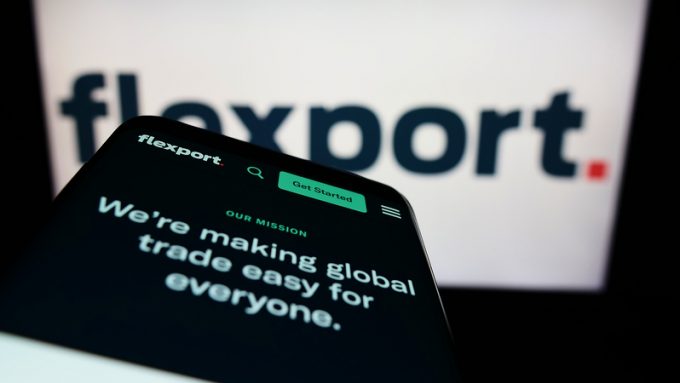European port congestion easing – for now
Port congestion across North Europe’s key hubs appears to be abating – although the relief ...

Flexport is to expand its e-commerce fulfilment business globally, an echo of Amazon, following yesterday’s announcement that it is to buy Shopify Logistics and its Deliverr platform.
As it released poor first-quarter results yesterday, Shopify CEO Toby Lütke informed staff the e-commerce shopfront technology provider would ...

Comment on this article